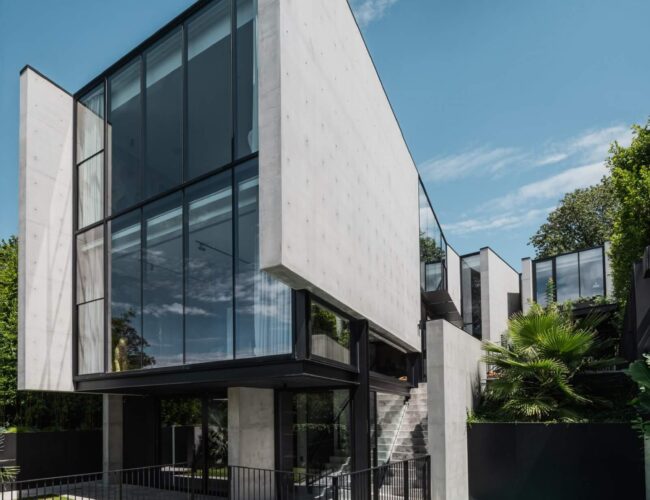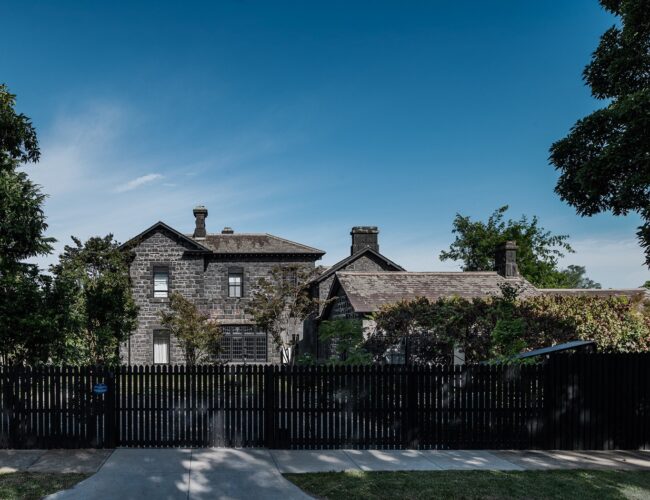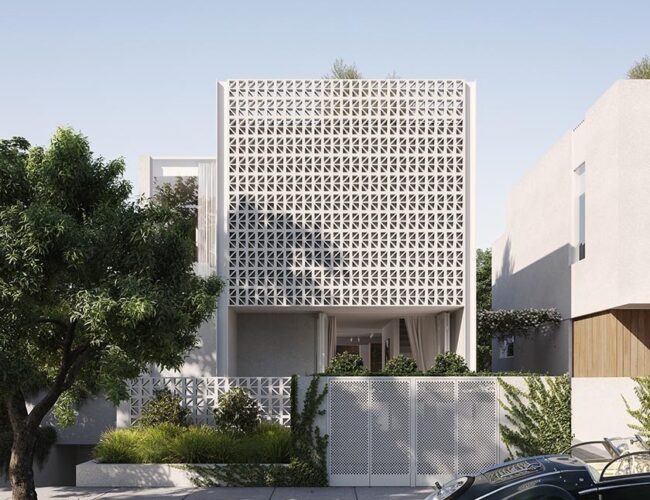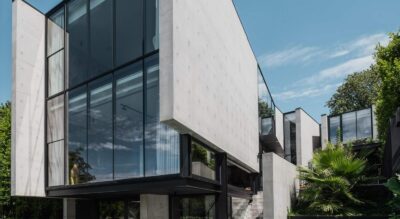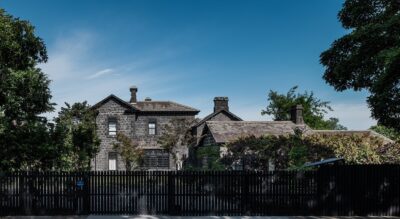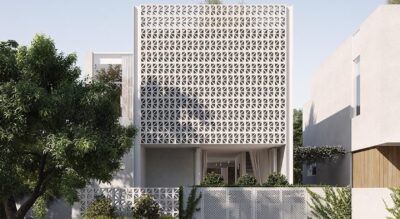Founded in 2006 originally as Nixon Tulloch Fortey Architecture, NTF Architecture stands as a distinguished architectural and interior design firm nestled within the vibrant creative hub of Cremorne, Melbourne. With a rich history and an unwavering commitment to design excellence and sustainability, we bring a wealth of experience and expertise to the field of high-end design led architecture.
At NTF Architecture, our unwavering commitment revolves around crafting contemporary, functional, and sustainable spaces with an enduring aesthetic appeal. As a testament to our dedication to environmental responsibility, we take immense pride in our status as a Carbon Neutral architecture practice, showcasing our respect for Melbourne and Australia’s diverse environmental landscapes. To tread lightly, NTF Architecture sets simple and practical design guidelines to achieve outcomes that are energy-efficient and environmentally considered, with a view to leaving a positive impact on people,their lives and their place.
As part of the Architects Declare Initiative, NTF Architecture is a Carbon Neutral organization. Through an internal assessment of carbon use we have made considered steps to reduce our carbon footprint. Furthermore, at NTF Architecture we have made a commitment to review our carbon emissions on an ongoing monthly basis with a continued effort to first and foremost reduce what we can in-house and take the necessary steps to remove as much CO2 from our operations as possible.
Climate Change Action
NTF Architecture has achieved carbon neutral certification under the NoCO2 Program. To achieve this status and become carbon neutral NTF Architecture undertook the following process:
- Completed a carbon audit to measure their carbon footprint for FY2022. The NoCO2 Program audit standard follows the standards outlined by the World Business Council for Sustainable Development’s Greenhouse Gas Protocol Corporate Accounting and Reporting Standard (1), in addition to the international standard ISO 14064.1 (2).
- Have committed to offset their unavoidable emissions through the purchase of units in approved projects under the Verified Carbon Standard (VCS) and Gold Standard, and
- Committed to ongoing annual auditing of their emissions.
What does Carbon Neutral Service Certification mean?
By meeting the requirements of the NoCO2 Program, NTF Architecture is certified as a Carbon Neutral Business by CRI; can be promoted and marketed as such and can display the NoCO2 Logo issued by CRI. Furthermore, all services provided by NTF Architecture are carbon neutral certified. NTF Architecture is permitted to use the NoCO2 Program Carbon Neutral Service logo issued to it.
What Carbon Credit Projects does NTF Architecture purchase offsets from?
India: Clean energy from biomass
Environmental problems in India are growing rapidly. The increasing economic development and a rapidly growing population that has taken the country from 300 million people in 1947 to more than one billion people today is putting a strain on the environment, infrastructure, and the country’s natural resources.
India’s air pollution is exacerbated by its heavy reliance on coal for power generation. Coal supplies more than half of the country’s energy needs and is used for nearly three-quarters of electricity generation. While India is fortunate to have abundant reserves of coal to power economic development, the burning of this resource, especially given the high ash content of India’s coal, has come at a cost in terms of public health risk and environmental degradation.
Reliance on coal as the major energy source has led to a nine-fold jump in carbon emissions over the past forty years. The government estimates the cost of environmental degradation has been running at 4.5% of GDP in recent years.
Biomass projects are implemented in small or large industrial plants. Their aim is to utilize agricultural waste or other non-renewable biomass residues as fuel to generate power and to lower the plants’ dependence on the local grid for electricity. Before the implementation of the project, the electricity needs of such plants were met by power from a coal-dominated grid. To meet the rising energy demands in production, a new efficient biomass boiler was installed together with a steam turbine, producing both steam and electricity. The new boilers are fuelled with locally available agricultural waste instead of traditional, emission intensive coal.
Before the start of the project, these agricultural residues were not used. They were either burned without harnessing the resulting thermal energy or simply left to decay, thereby generating methane emissions. The plant’s steam and electricity requirements can be now supplied by the new cogeneration unit. The investment required for the installation of the new cogeneration unit could not have been raised were it not for the revenue from sales of carbon credits.
Beyond the reduction of greenhouse gases, these projects contribute to local sustainable development by:
- Creating jobs
- Creating additional income for farmers from agricultural waste
- Alleviating the load on the unstable regional electricity grid
- Reducing emissions
- Creating a business case for regional empowerment through environmentally friendly technology, and
- By utilizing locally available, sustainable fuel sources thereby reducing the dependence on energy imports on a national level.
